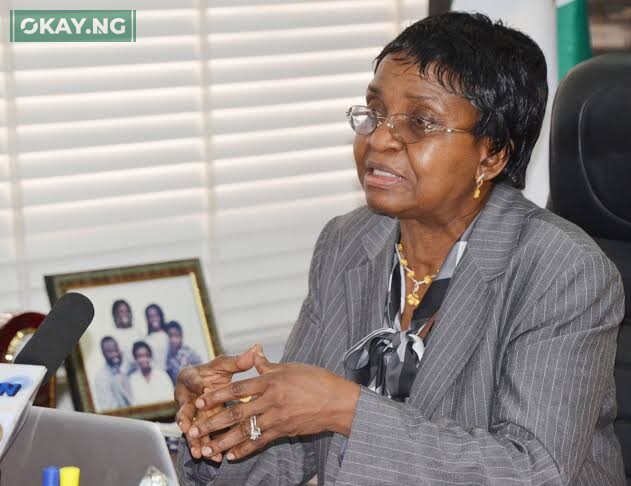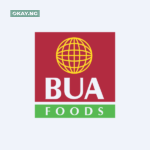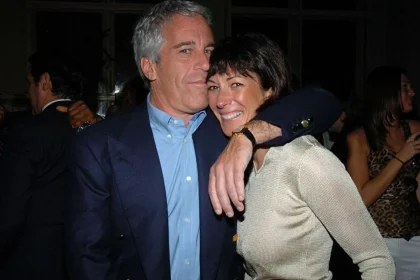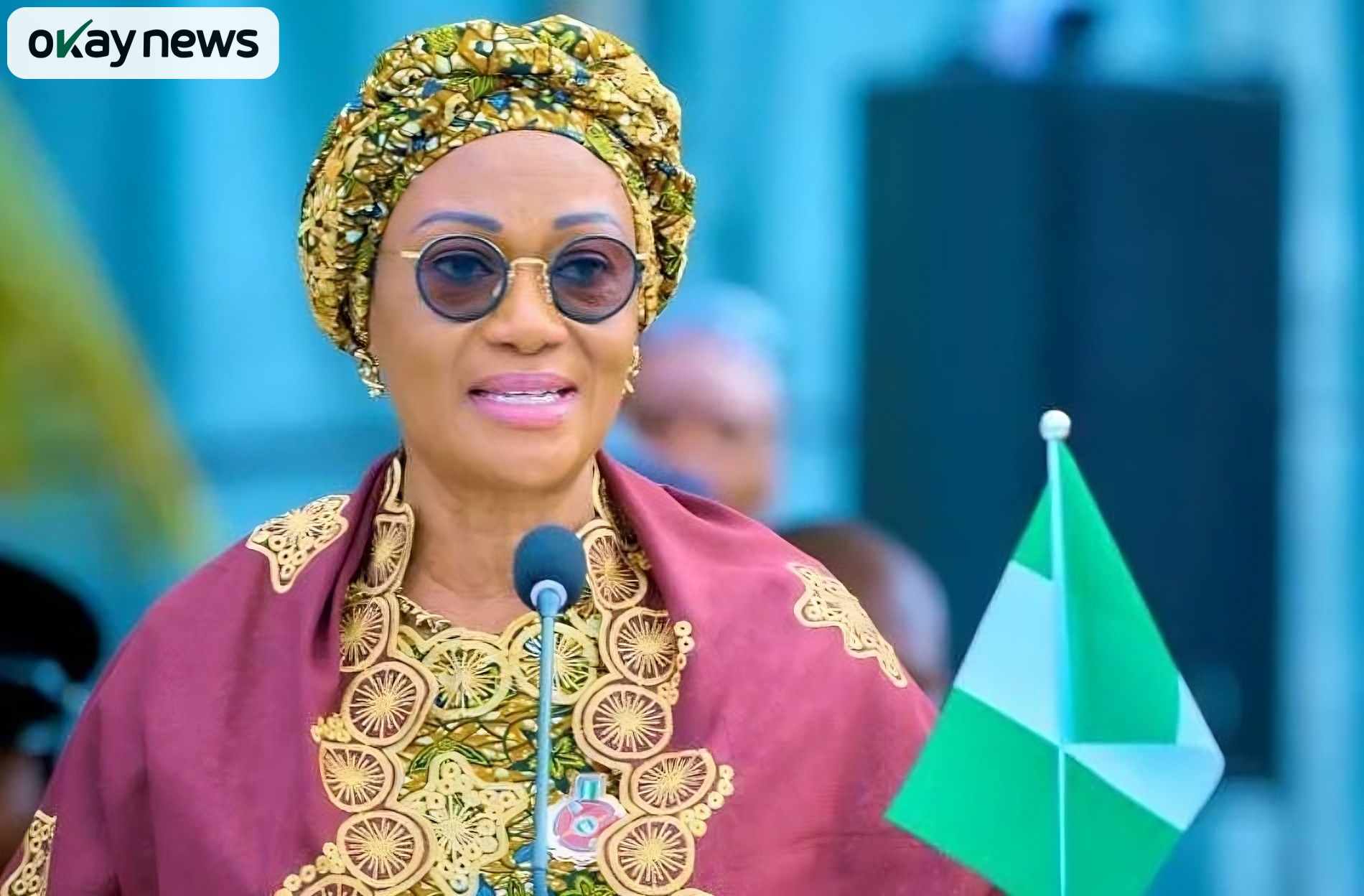The National Agency for Food and Drug Administration and Control (NAFDAC) has revealed that it generated approximately ₦2.5 billion from enforcement operations in three major Nigerian drug markets, Lagos, Onitsha, and Aba, targeting the sale of counterfeit medicines.
The disclosure was made on Wednesday by Prof. Mojisola Adeyeye, Director-General of NAFDAC, during an appearance before the House of Representatives Committee on NAFDAC, chaired by Hon. Regina Akume, at the National Assembly in Abuja.
According to Adeyeye, the funds were collected as administrative charges during a sweeping crackdown on non-compliant drug dealers in the affected markets, and were not punitive in nature.
“The total amount collected was about ₦2.537 billion, and the charges were paid directly into a NAFDAC account,” she told lawmakers. “While the standard fine for breaching Goods Distribution and Storage Practice (GDSP) is ₦2 million, we reduced it to ₦500,000 in many instances to ease compliance.”
The NAFDAC boss added that operation expenses and regulatory costs had significantly eaten into the proceeds. She stated that nearly ₦996 million was spent on operations across the three markets, with ₦1.175 billion used for regulatory expenses. NAFDAC also had to borrow ₦159 million from an existing grant to fund the operation, leaving a balance of just ₦207 million.
Adeyeye highlighted that NAFDAC’s enforcement effort was severely hampered by lack of funds, recounting a tense operation in Kano State last year when the agency was ordered by a Federal High Court to shut down the open drug market and relocate the traders to the Kanawa Pharmaceutical Centre, a regulated Coordinated Wholesale Centre (CWC).
“We didn’t have the funds. Our accounts had just been reopened with a zero balance in January 2024,” she said. “Yet, we had to move over 1,300 shops as ordered by the court. Traders padlocked their shops, but we used bigger padlocks and sealed them. Eventually, they had to agree to relocate.”
She acknowledged that Kano was the only state to implement the CWC directive before her tenure, while Lagos, Onitsha, and Aba had no such infrastructure in place, necessitating a different enforcement approach that involved preparation, inspection, and fines.
Addressing questions on the seemingly softer approach in Kano compared to southern markets, Adeyeye pointed to volatile security conditions in the North that limited what the agency could enforce.
“In hindsight, we could have done more inspections or collected administrative fees. But even a legal officer was nearly killed at the court premises. It was a volatile situation,” she explained.
Following her presentation, the committee requested a comprehensive breakdown of the fines imposed per market, a full account of NAFDAC’s revenues, and clarity on deductions made by the Office of the Accountant-General, as NAFDAC is a designated revenue-generating agency.
Adeyeye reiterated the agency’s commitment to public health and safety, noting that NAFDAC remains undeterred in its mission to eradicate fake medicines from the Nigerian drug supply chain despite funding constraints and resistance from entrenched market forces.







